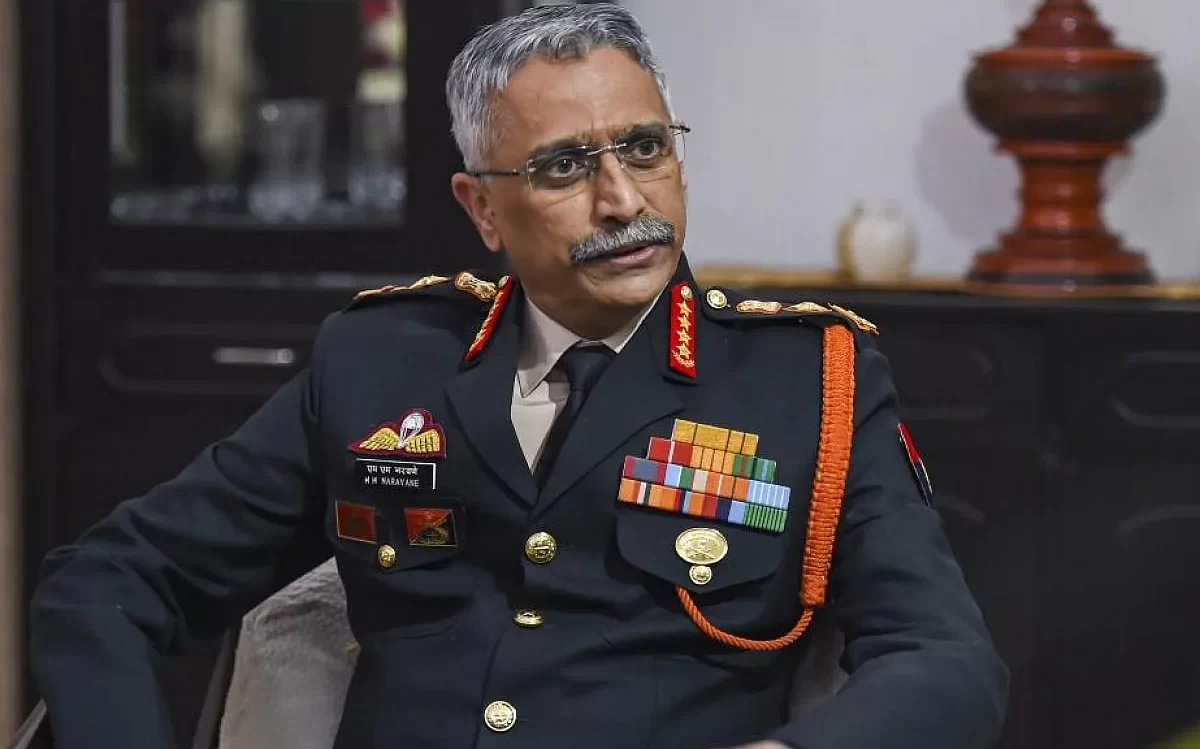Naravane further said, “A nation can survive the shocks that wipe out the share market and leaves thousands of investors bankrupt only when the armed forces of that country are strong.”

Gandhinagar: The expenditure on the armed forces is an investment on which one gets full returns and it should not be seen as a burden on the economy, said the Chief of Army Staff General M M Naravane on Wednesday.
Naravane was talking at the Rashtriya Raksha University during the launch of the book ‘Fifty Years of 1971 War: Accounts from Veterans’. The book is compiled by the university and also contains a message by Prime Minister Narendra Modi. The book is an outcome of a series of webinars organised at the university and deals with various aspects of the 1971 war.
Naravane further said, “A nation can survive the shocks that wipe out the share market and leaves thousands of investors bankrupt only when the armed forces of that country are strong.”
“Whenever we talk about the armed forces, and whenever we talk about investments and expenditures made for the armed forces, we should see this as an investment — an investment on which you get full returns, and it should not be seen as a burden on the economy,” he said.
While the armed forces play a major part in the security of a nation, other organs of the state play an equally important role, he said. “All of us are equal players and stakeholders in the safety and security of the nation,” he said.
General Naravane also advised students of the university to do whatever they feel passionate about and not because their parents asked them or out of peer pressure. He added that the Army has also opened up more avenues for women. “We have made it more and more easy and more avenues have been opened up for women to join the armed forces in more and more streams,” he said, adding that even the Army Aviation wing has been opened up for women, and two of them will be graduating sometime in July.
General Naravane also talked about cooperation between the Indian Army and the Rashtriya Raksha University. He visited the university’s School of Information Technology where he was briefed about works done on cyber security, artificial intelligence and digital forensics, and how they can contribute to the national security.
